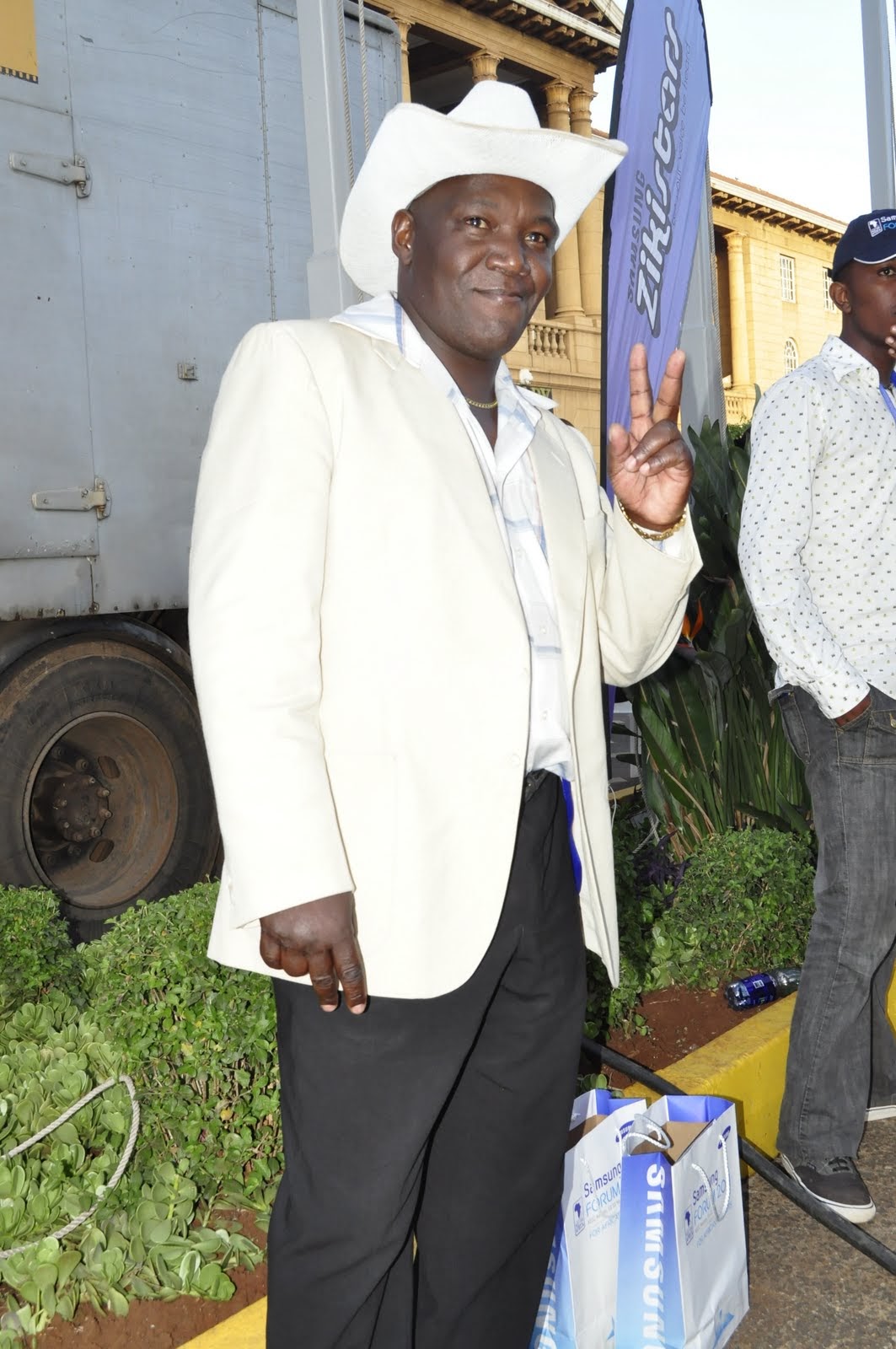
Media reports here and here indicate that musician JB Maina has accepted Safaricom’s out-of-court settlement offer of KES 15.5 Million in the case of John Boniface Maina v Safaricom Limited [2013] eKLR. To recap briefly, the JB Maina case has been in court since 2010 when Safaricom was accused of copyright infringement in respect of musical works of JB Maina alleged to have been uploaded on Safaricom’s portals.
Prior to the reported settlement, the court had already granted JB Maina a temporary injunction restraining Safaricom from dealing in JB Maina’s works, in addition to awarding JB Maina the costs of the motion to be paid by Safaricom. Thereafter the court allowed JB Maina’s application for Anton Piller orders against Safaricom. These orders allowed JB Maina to enter Safaricom’s premises, inspect its machines, take records, make copies of records for purposes of gathering and preserving evidence necessary to prove his claim of copyright infringement. The final straw in the JB Maina case was an application filed by JB Maina for Safaricom Chief Executive Officer to be held in contempt of the anton piller orders issued by the court and committed to civil jail. This move prompted Safaricom to seek the leave of the court to allow for an out-of-court settlement of the suit with JB Maina.
With above information in mind, it comes as no surprise that Safaricom would be keen to pursue and conclude an out-of-court settlement in this matter with JB Maina. However this blogger argues that this settlement has left several critical issues unanswered:
1. The Separation of Infrastructure Provision from Content Provision
In this regard, Safaricom’s position has always been that it is an infrastructure provider that enables rights owners and their licensees to avail their music to end users. In the present case, the licensees are Content Service Providers (CSPs) who are duly licensed by the relevant collective management organisations (CMOs) to avail music. In this regard, Safaricom maintains that where licensed CSPs provide music using Safaricom’s infrastructure, it is enough that the CSPs produce to Safaricom all the required copyright licenses issued to it by the CMOs. It is on this basis that Safaricom enters into Content Provision Agreements (CPAs) with CSPs whereby the latter undertake to obtain all necessary licenses, rights of use, assignment and approvals from any relevant authorities and copyright owners for the provision of the Content and ensure that such licenses and approvals are updated and valid throughout the term of the CPAs. Critically, the CPAs state that CSPs undertake to defend and/or settle all intellectual property (IP) infringement claims brought against Safaricom and keep the latter fully indemnified.
In light of the above, Safaricom argue that as an infrastructure provider, it need not be licensed by CMOs or rights owners since the CSPs availing the music to end users are already licensed by CMOs and/or rights owners.
However, this blogger contends that the above argument is problematic for two main reasons, namely it betrays the widely accepted understanding of “communication to the public” and “infringement” under domestic and international copyright laws. In this regard, it is submitted that both functions of infrastructure provision and content provisions entail an exploitation of the right of communication to public and/or making available as defined under Article 8 of the WIPO Copyright Treaty and Section 2 of the Kenya Copyright Act. With regard to the issue of infringement, section 35 clearly contemplates two levels of infringement namely primary and secondary or direct and indirect. It is submitted that Safaricom may be liable for secondary or indirect copyright infringement as an infrastructure provider since it causes to be done or furthers the doing of an act which is controlled by the rights owners.
2. The Role of Content Service Providers
Safaricom advances two main reasons why it is averse to dealing directly with rights owners like JB Maina. Firstly, it argues that under the Kenya Information and Communication Act (KICA) read together with the Unified Licensing Framework gazetted in 2008, only CSPs who hold a current license from the Communications Authority of Kenya (CAK) are mandated to provide music to end users. Therefore Safaricom would only deal with CSPs and/or rights owners once they are duly licensed by CAK. Secondly, Safaricom appears to suggest the current arrangement of CSPs as middle-men is consistent with the provisions of the Kenya Competition Act i.e. preventing the monopolisation of content provision by a handful of CMOs or rights owners.
This blogger argues that this arrangement do not always work to the advantage of CMOs and rights owners since the CSPs are at liberty to under-state royalty payments received from Safaricom. Therefore, rights owners like JB Maina and CMOs like MCSK, KAMP and PRiSK must insist on dealing directly with Safaricom or at least having tripartite agreements where the copyright owners can be on the same level as the CSPs.
It is clear that JB Maina’s case raised important issues regarding rights owners that are not members of any of the music CMOs. However there are two other likely scenarios that would require Safaricom to deal directly with a rights owner. Firstly, where the rights owner is a member of a CMO but has selectively limited its assignments to the latter and/or the works to be administered by the latter. Secondly, where the rights owner has assigned all rights exclusively to both the CMOs and the CSPs (A frequent occurence!).